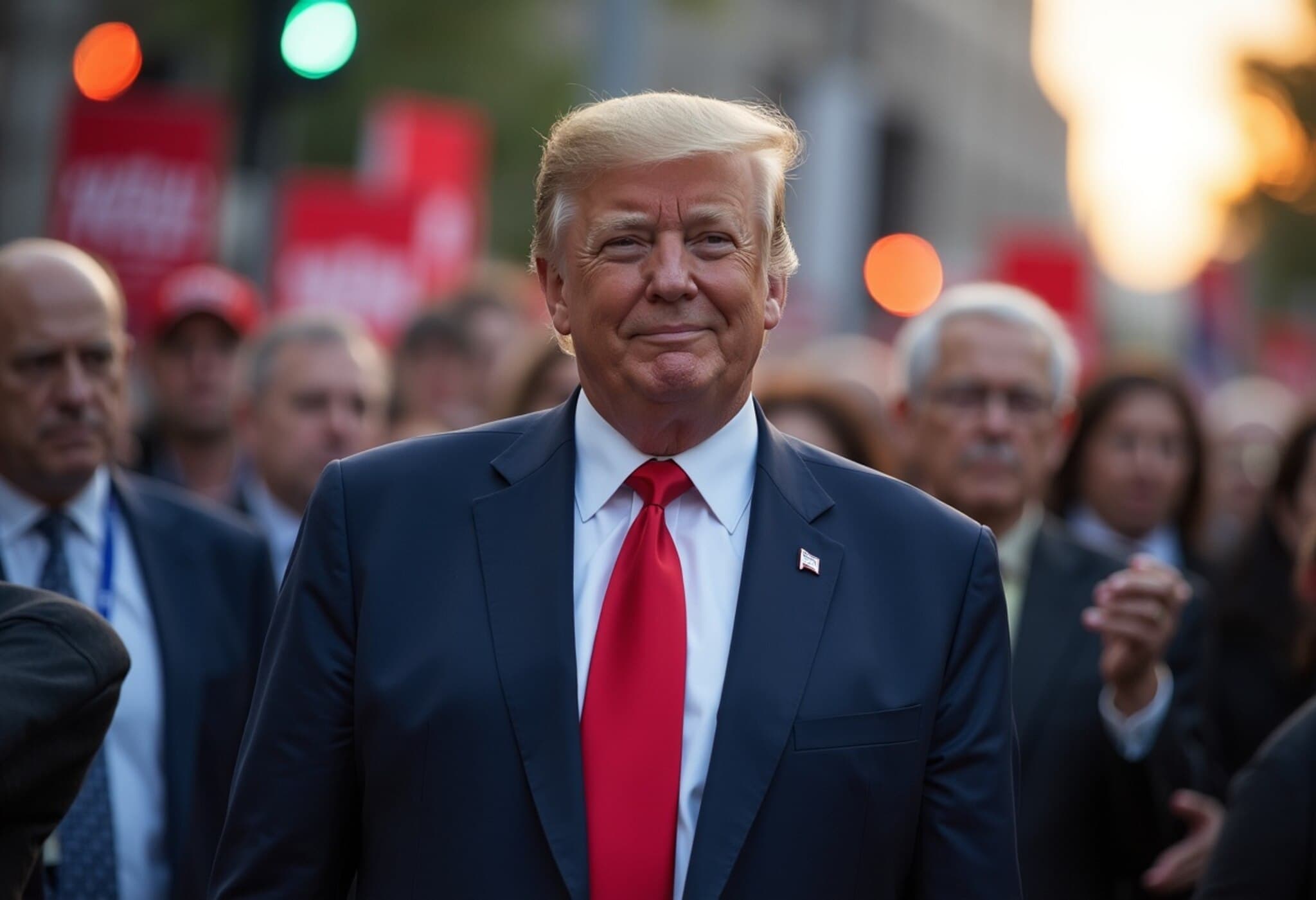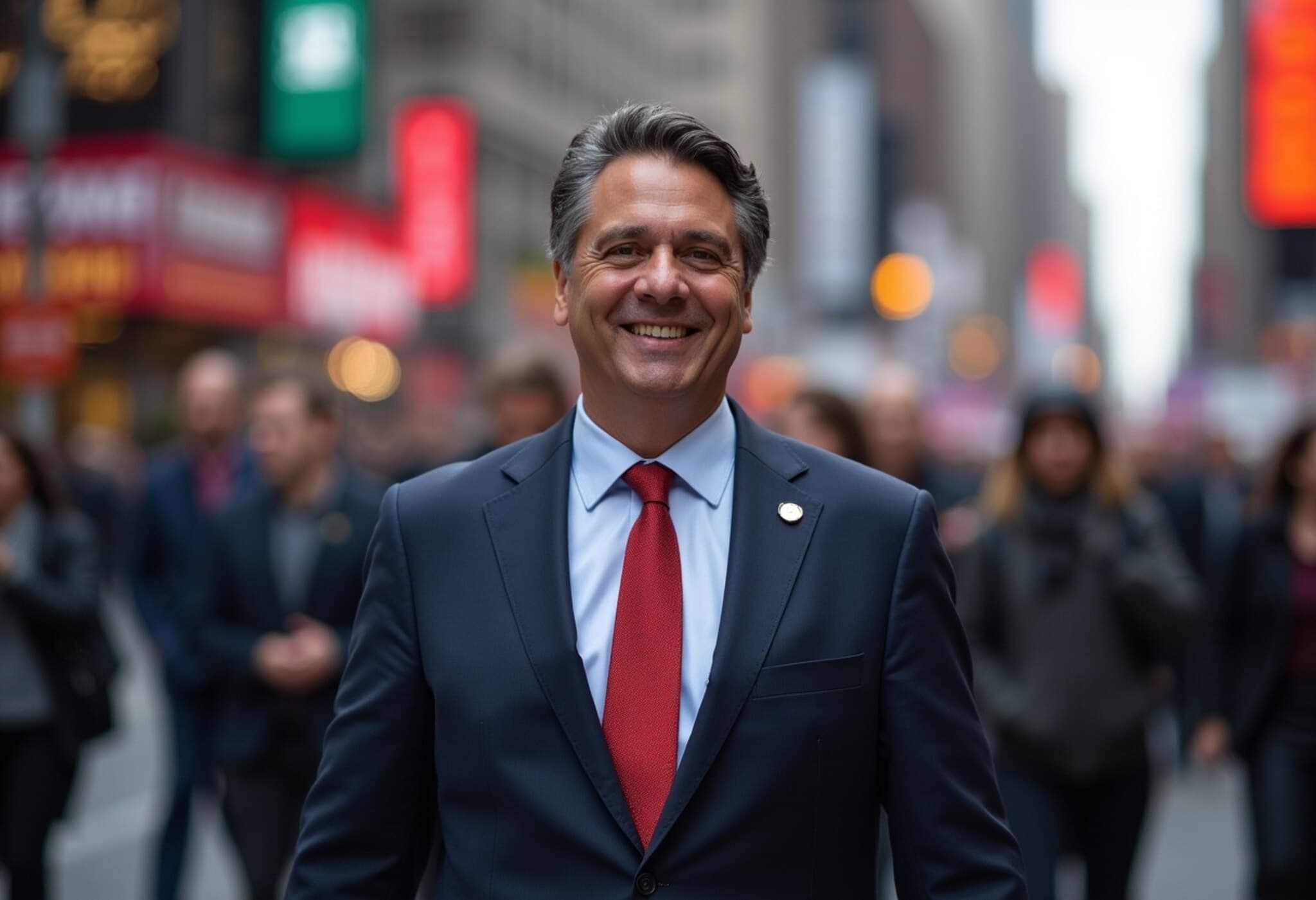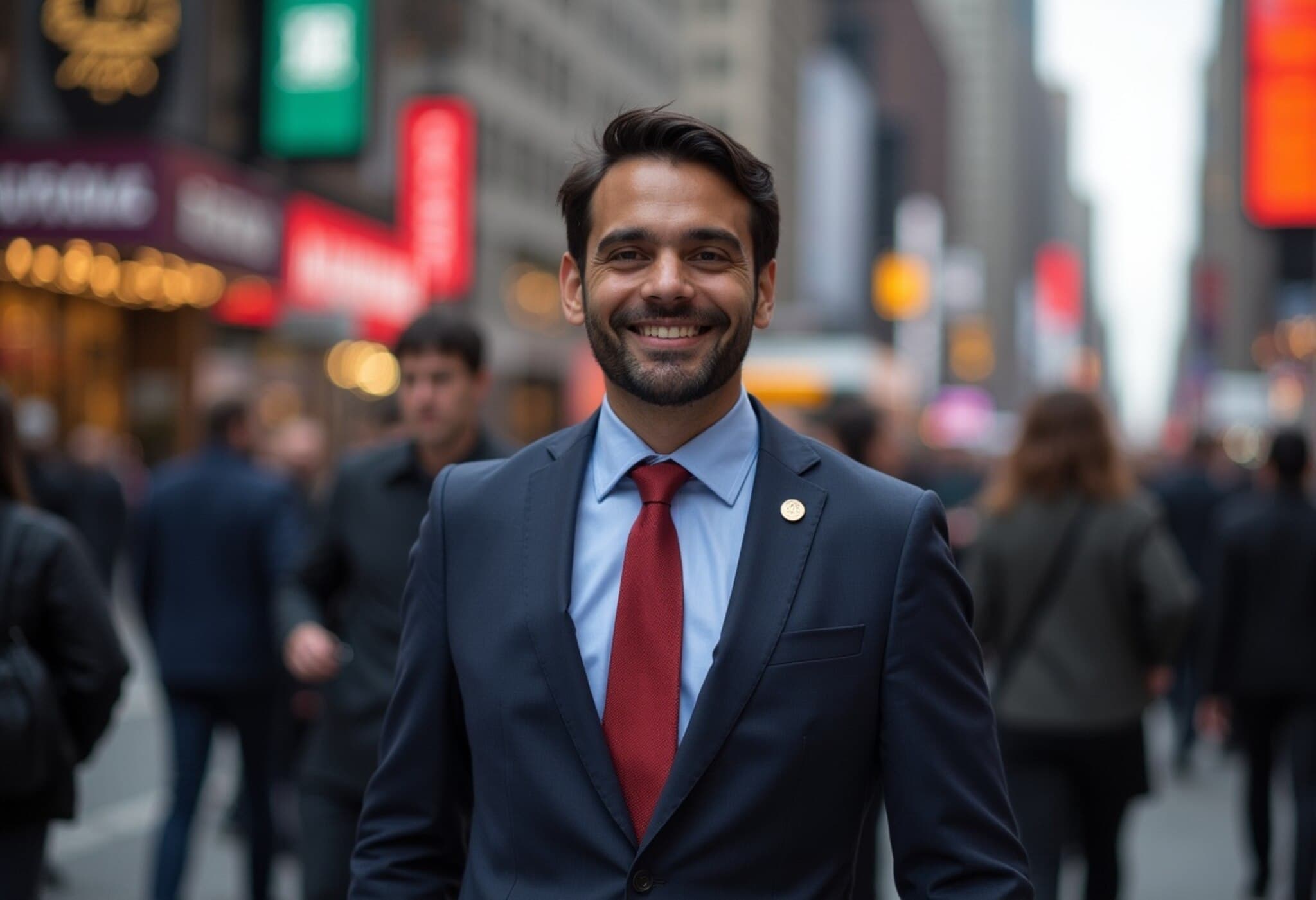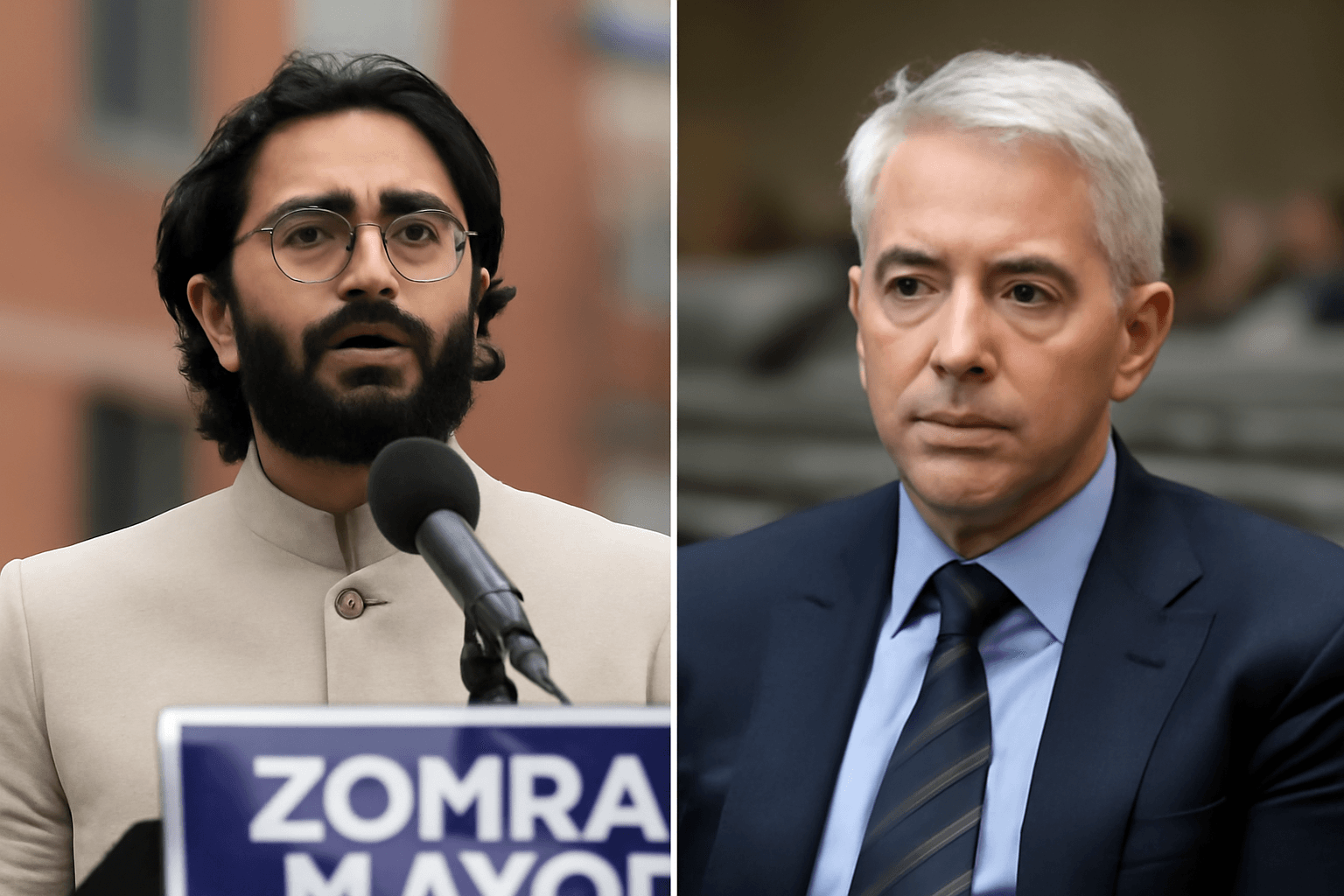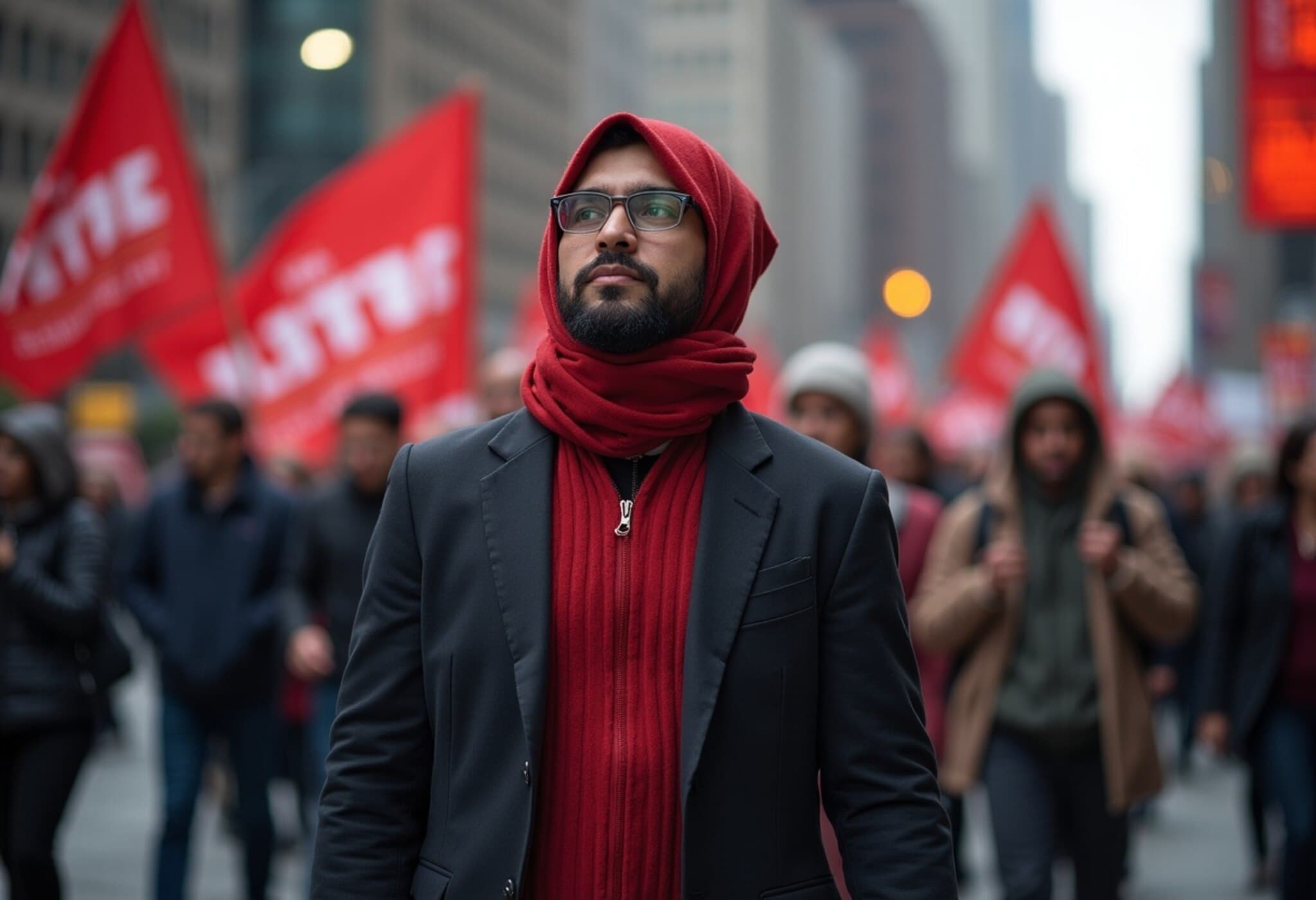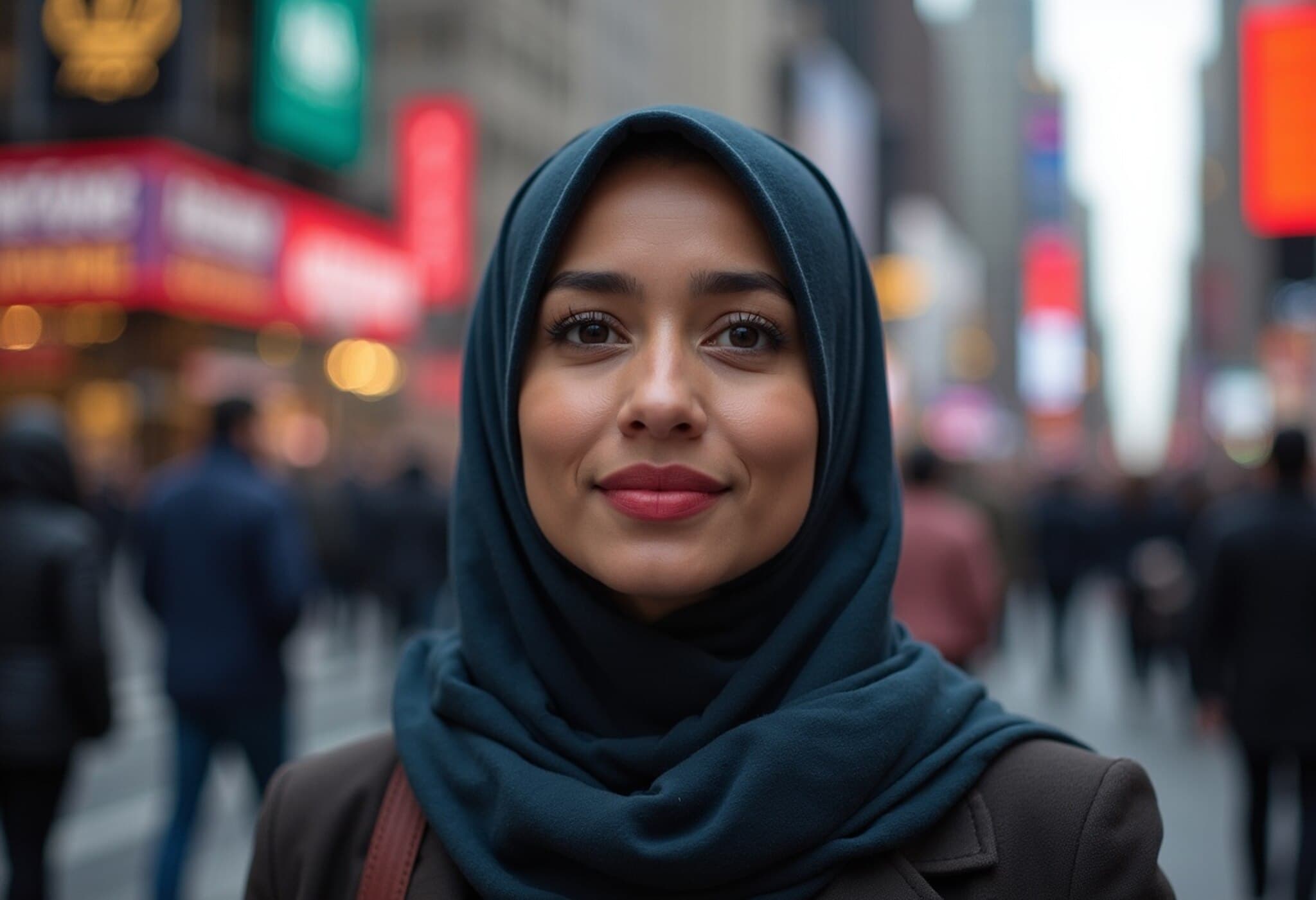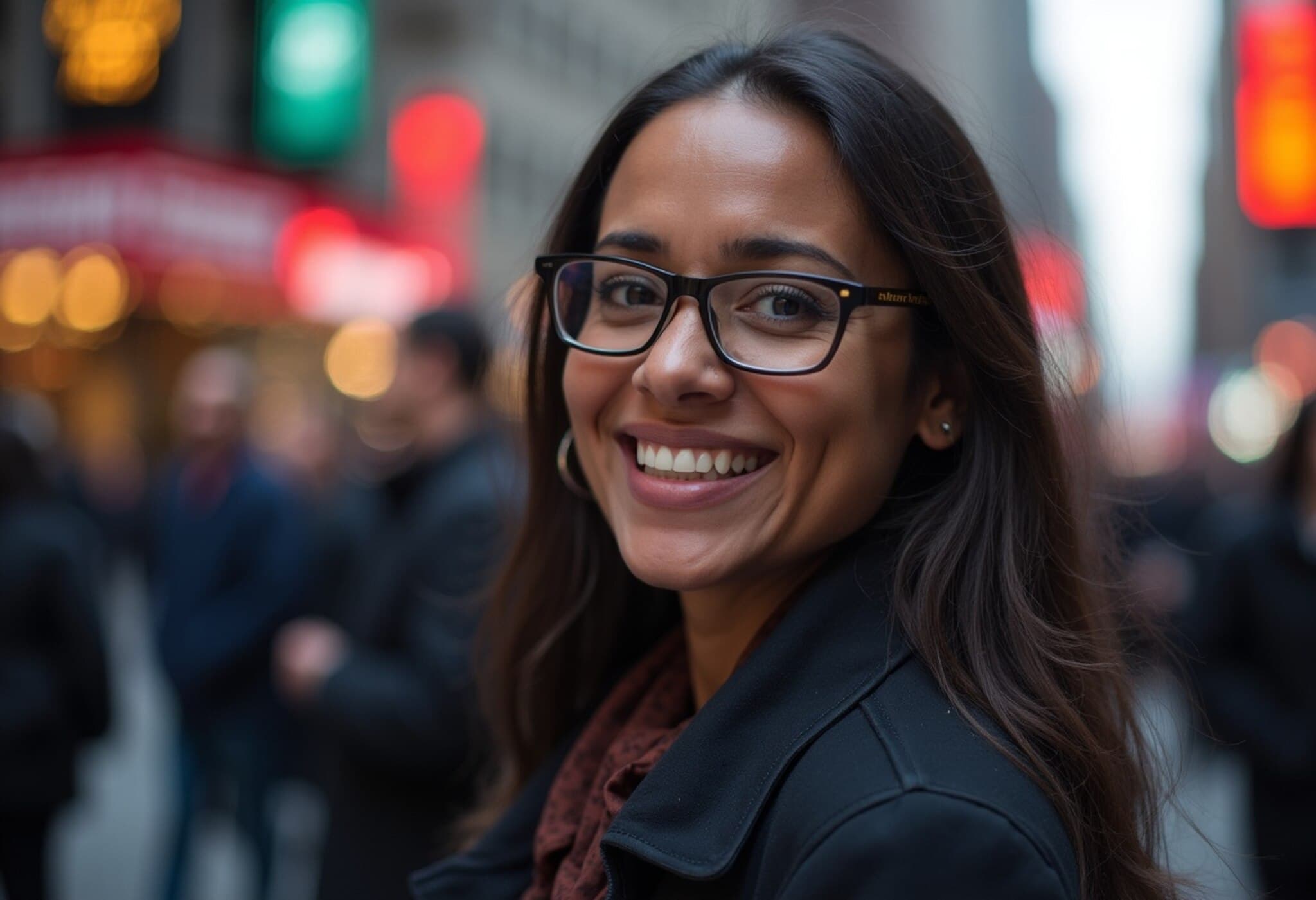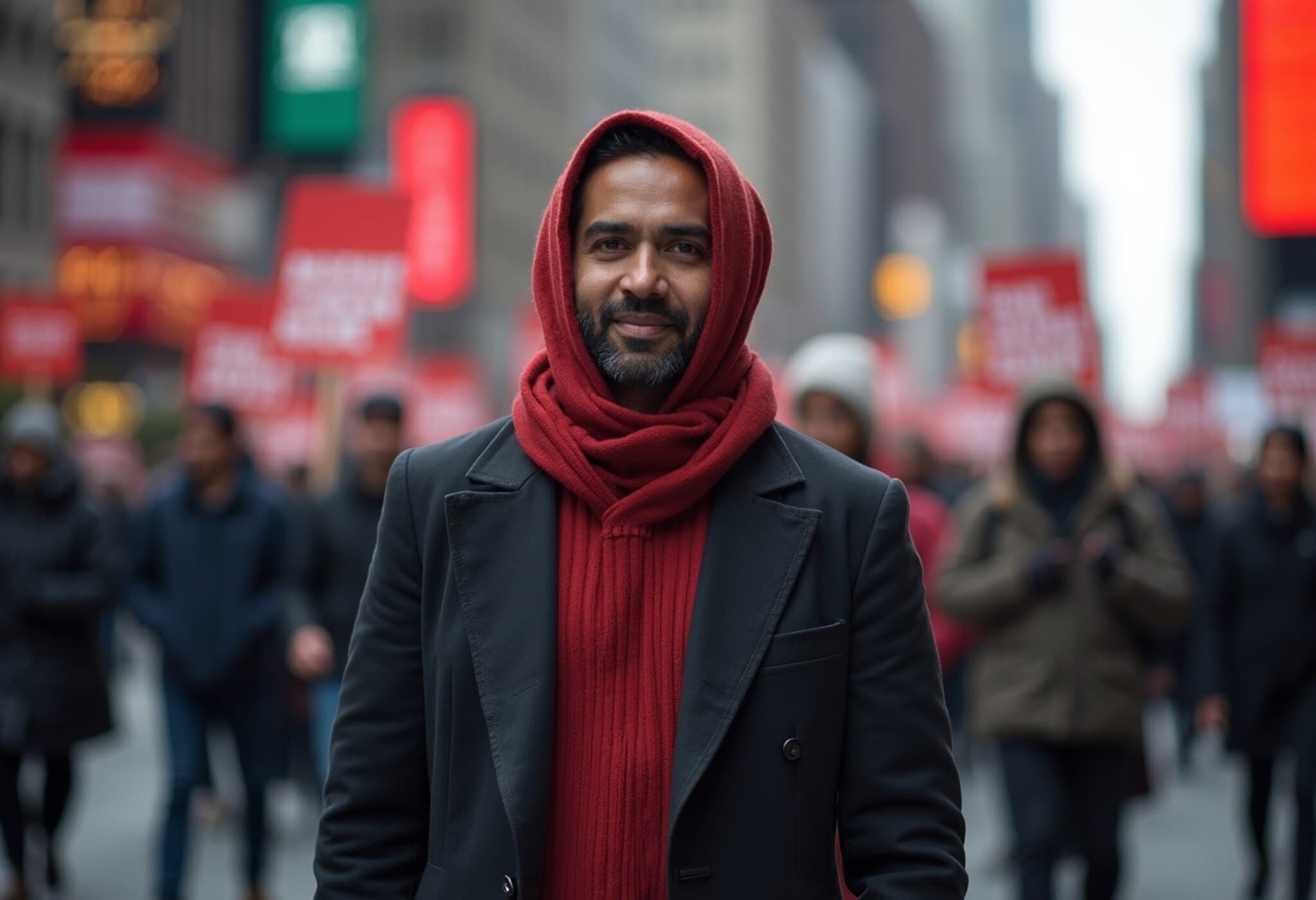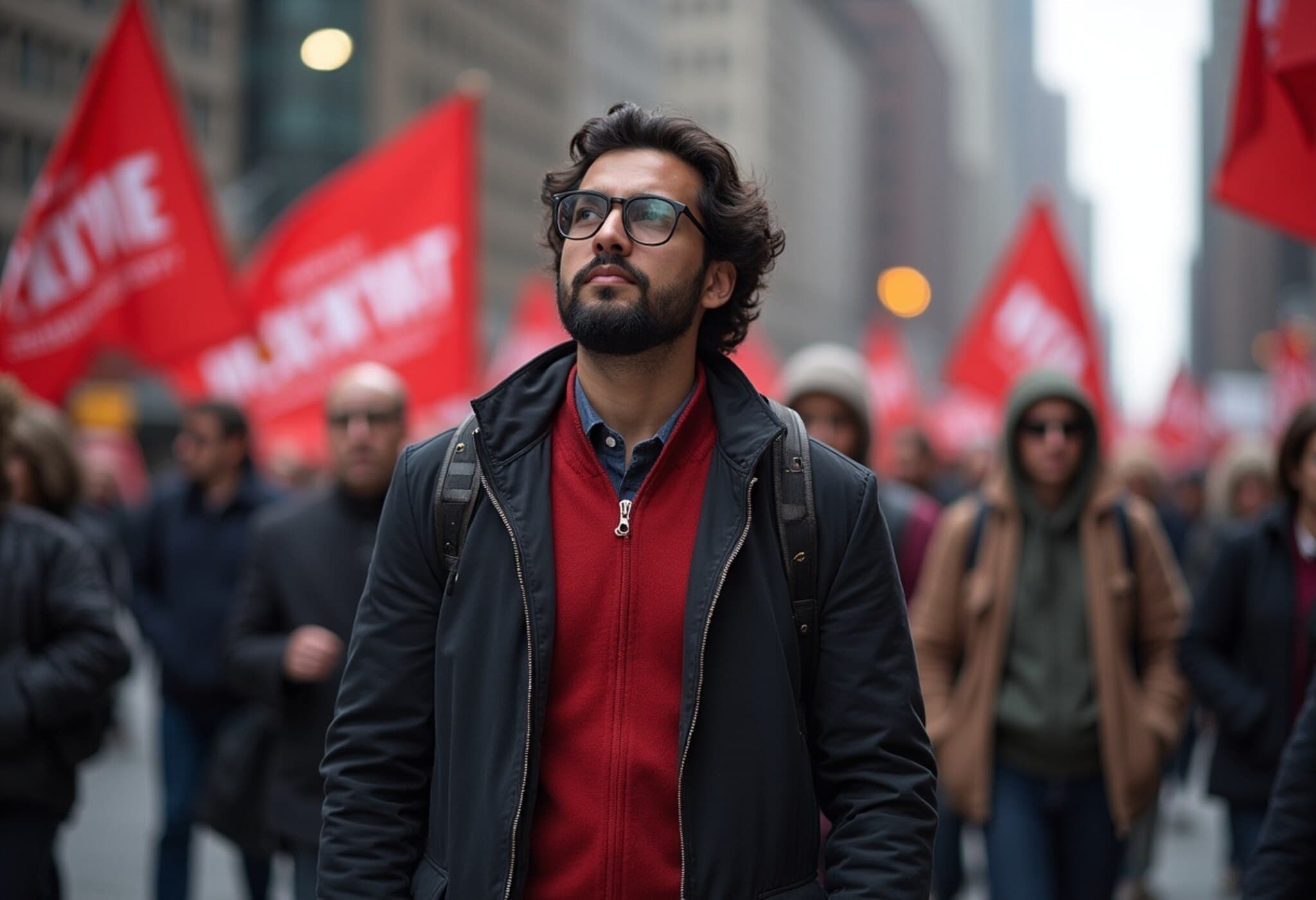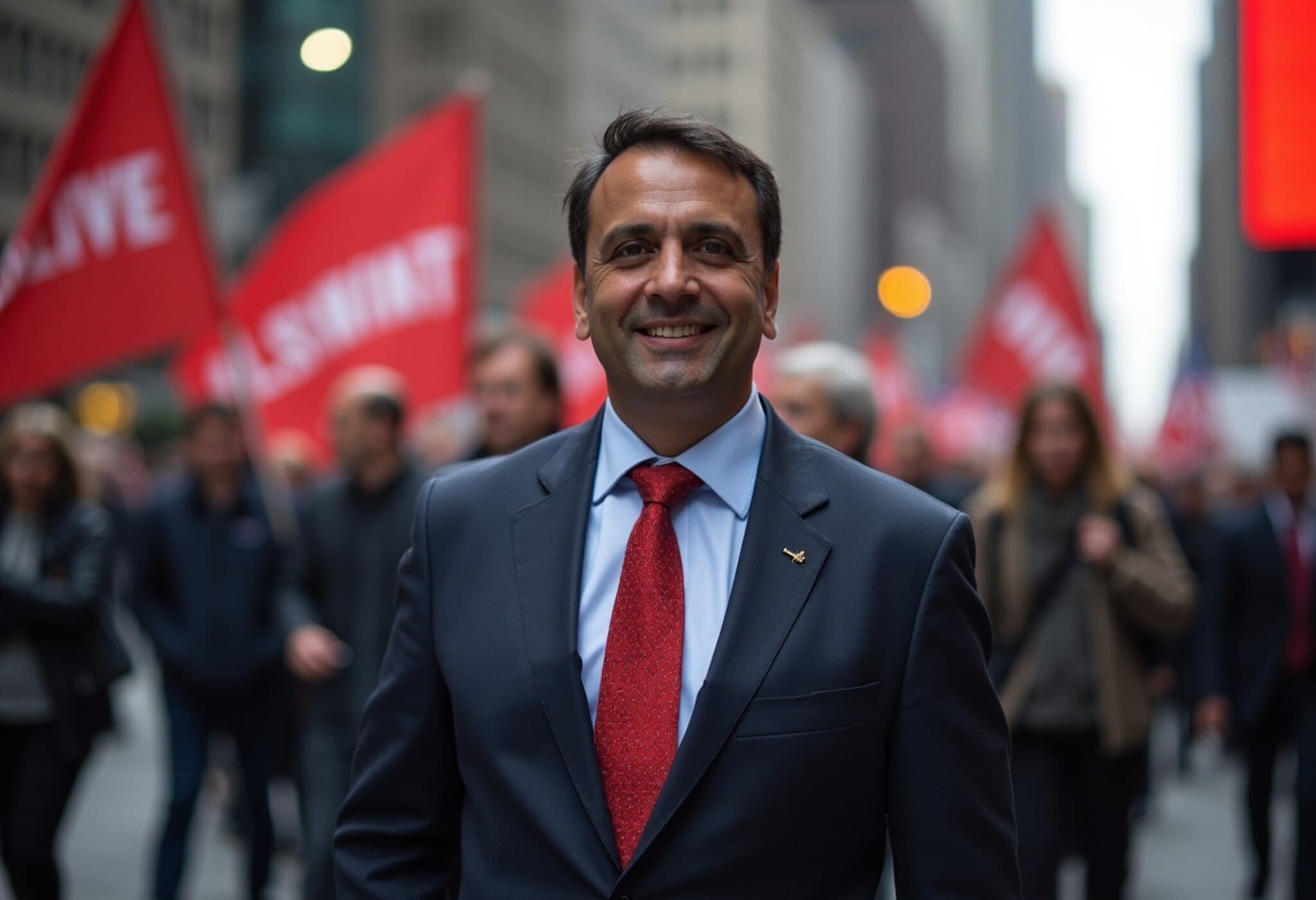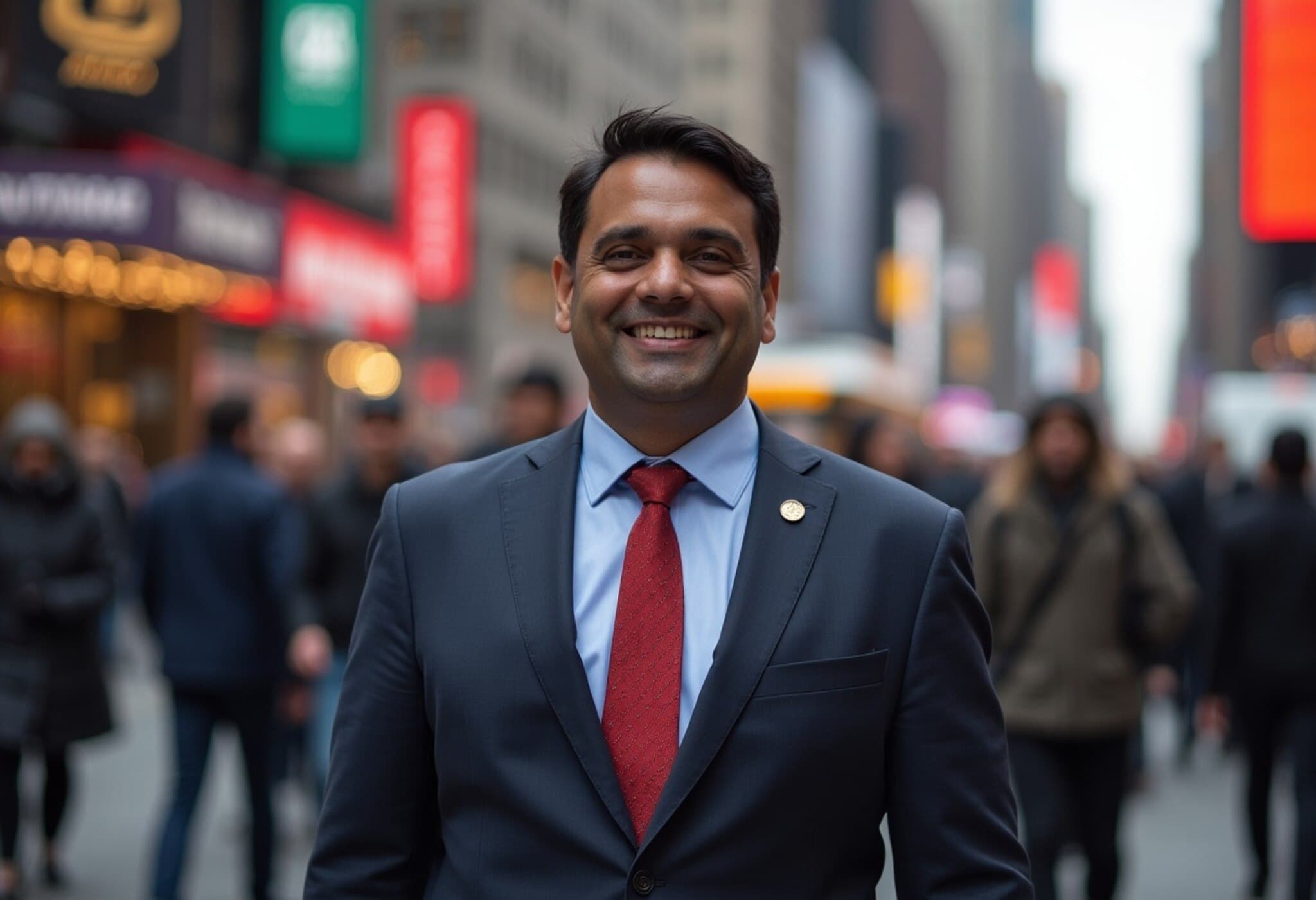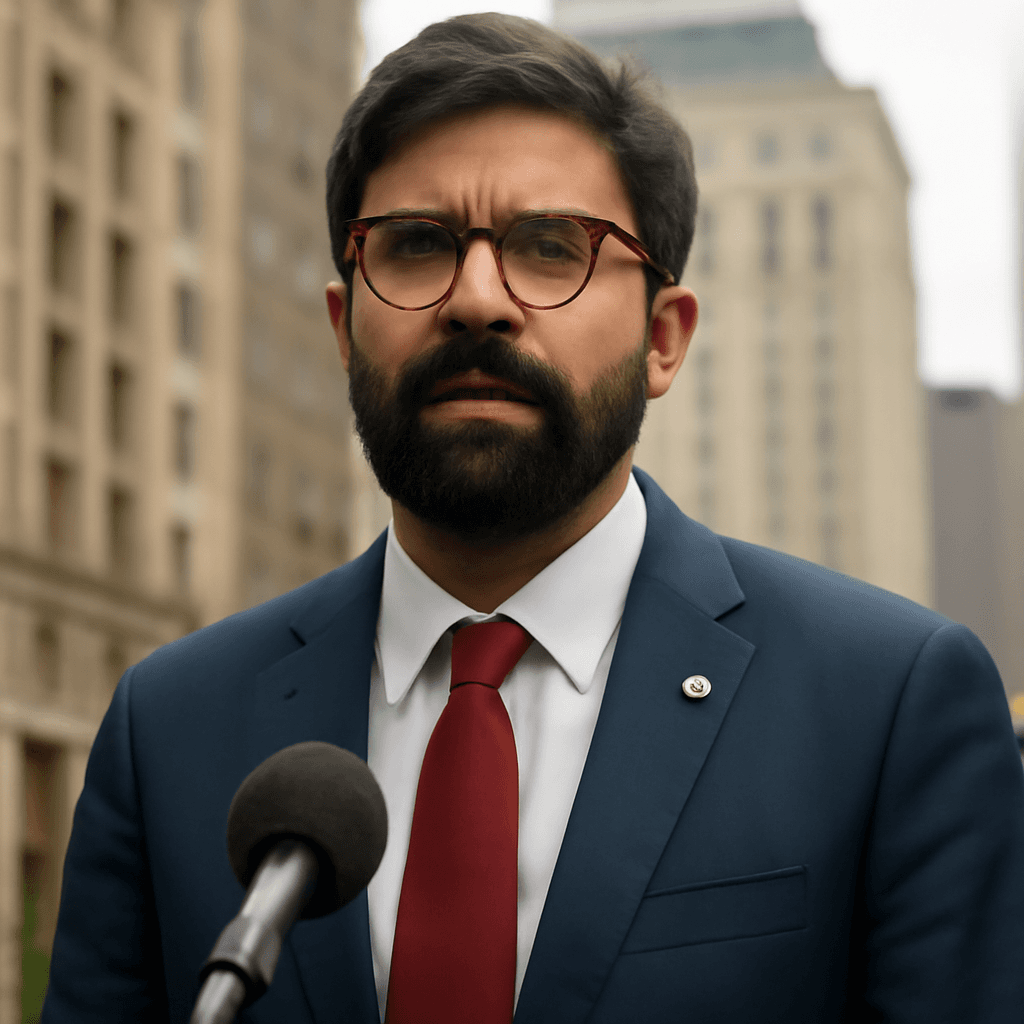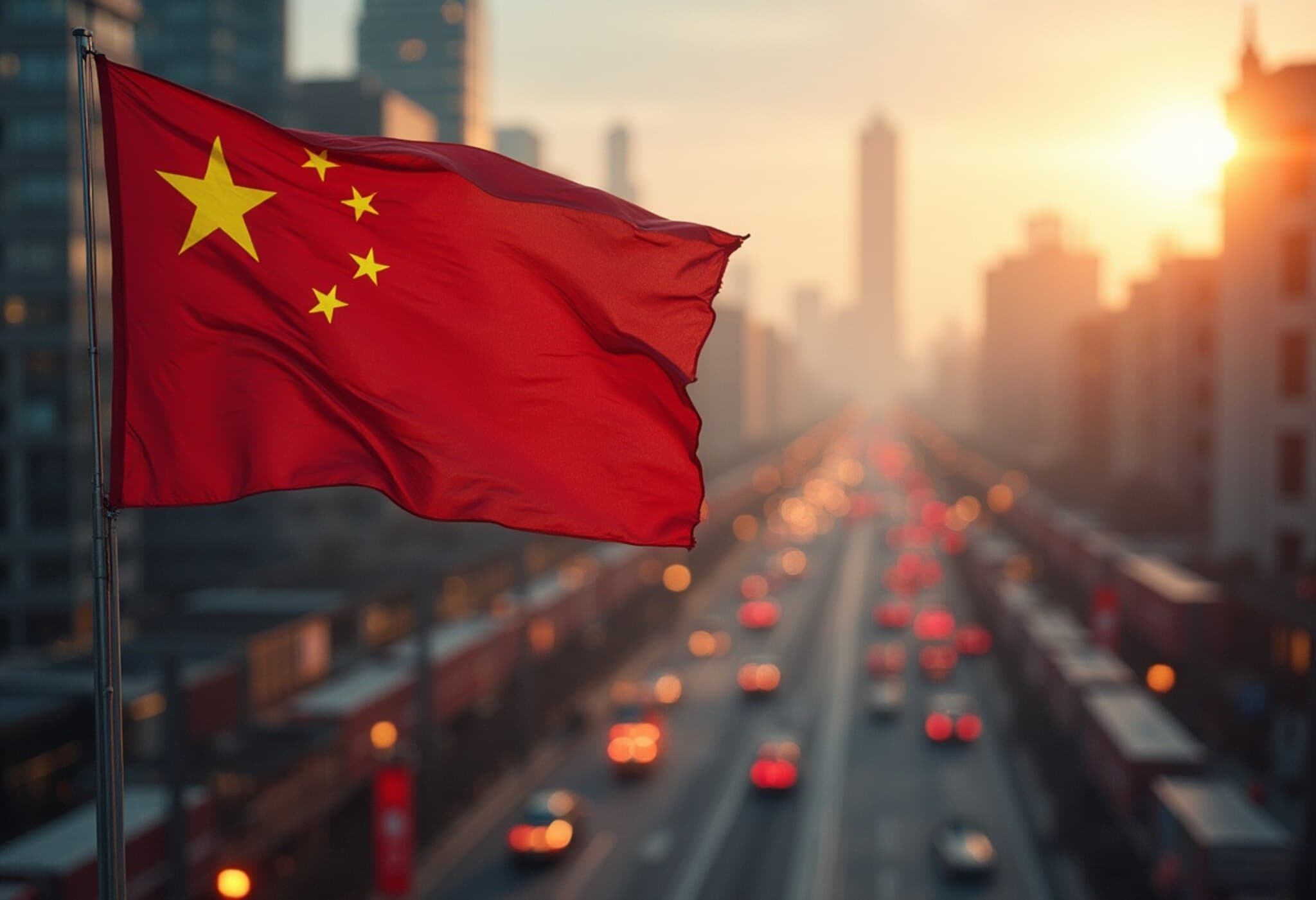Andrew Cuomo Enters NYC Mayoral Race as Independent Following Primary Loss
In a dramatic twist to New York City’s 2025 mayoral race, former Governor Andrew Cuomo has announced he will continue his campaign as an independent candidate after losing the Democratic primary to Zohran Mamdani. Cuomo, a once dominant figure in New York politics, conceded defeat last month but is clearly not ready to exit the political arena.
From Governor to Mayoral Hopeful: Cuomo’s Political Resilience
Cuomo’s political journey has been a roller coaster. After resigning as Governor of New York in 2021 amid sexual harassment allegations, many assumed his career was over. Yet, embracing the resilience once exemplified by his grandfather’s advice to “pick yourself back up,” Cuomo is seeking a comeback in America’s largest city as an independent challenger.
His determination to stay in the race despite losing the Democratic nomination by over 12 points highlights his enduring ambition and suggests a potential shakeup in the city's political dynamics.
The Candidates: A Crowded and Complex Field
- Zohran Mamdani: The successful Democratic primary candidate, a state assemblyman known for his progressive, even socialist-leaning policies, represents a new wave of political thought in NYC. If elected, Mamdani would become the city’s first Muslim mayor, marking a historic milestone.
- Andrew Cuomo: Former governor and now independent candidate, bringing significant name recognition but also baggage from past controversies.
- Eric Adams: The current mayor running for re-election as an independent, adding further complexity to the race.
- Curtis Sliwa: The Republican contender aiming to capitalize on a divided left and centrist vote.
Political Context and Implications
Mamdani’s nomination unsettled many segments of New York’s political establishment, including labor unions that had initially supported Cuomo. His progressive policies, which include strong stances on social justice and the Israeli-Palestinian conflict, have drawn criticism not only from conservative quarters but also moderate Democrats and some corporate leaders.
Moreover, national political figures like former President Donald Trump have publicly labeled Mamdani a “pure communist,” injecting a polarized rhetoric into the contest.
The fragmentation caused by Cuomo’s independent bid might split the Democratic and progressive vote, creating a potential advantage for the Republican candidate in a city that traditionally leans heavily Democratic.
Expert Insight: What This Means for New York’s Political Future
Political analysts observe that Cuomo’s persistence underscores a broader trend of established politicians unwilling to cede power easily. The crowded field, combined with independent candidacies, raises critical questions about vote splitting and the potential for unconventional alliances.
Furthermore, Mamdani’s candidacy highlights the evolving demographics and ideological shifts within New York City’s electorate, reflecting growing openness to new voices despite entrenched opposition.
This mayoral race serves as a microcosm of national political trends—rising progressive movements, the resilience of political figures with controversial pasts, and the challenges of maintaining party unity in increasingly polarized environments.
Looking Ahead: The November Showdown
The November election promises to be one of the most unpredictable in recent New York history. Voters will weigh Cuomo’s legacy and promises of experienced leadership against Mamdani’s progressive vision and Adams’ incumbency. Meanwhile, Sliwa hopes to seize upon the divisions within the Democratic camp to appeal to moderate and conservative voters.
This race not only reflects local political battles but also mirrors nationwide discussions on leadership, identity politics, and the future direction of American cities.
Editor’s Note
As Andrew Cuomo’s independent campaign reshapes the stakes of New York City’s mayoral election, readers should ask: How might independent runs by prominent figures influence traditional two-party dynamics? What does Mamdani’s historic candidacy say about the city’s changing identity? And could vote fragmentation ultimately advantage Republican challengers in urban strongholds? These questions extend beyond NYC, echoing themes in cities across the United States.


